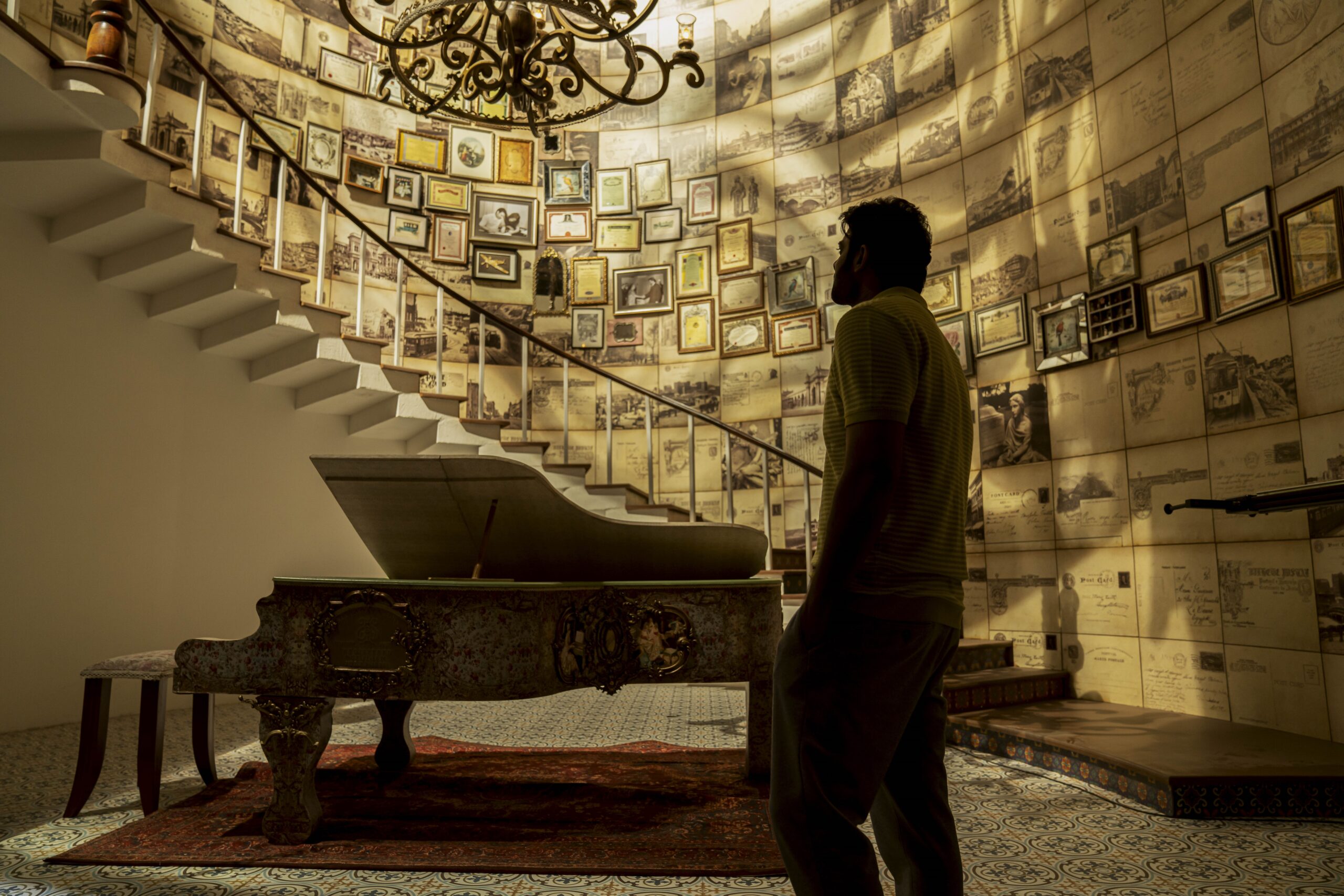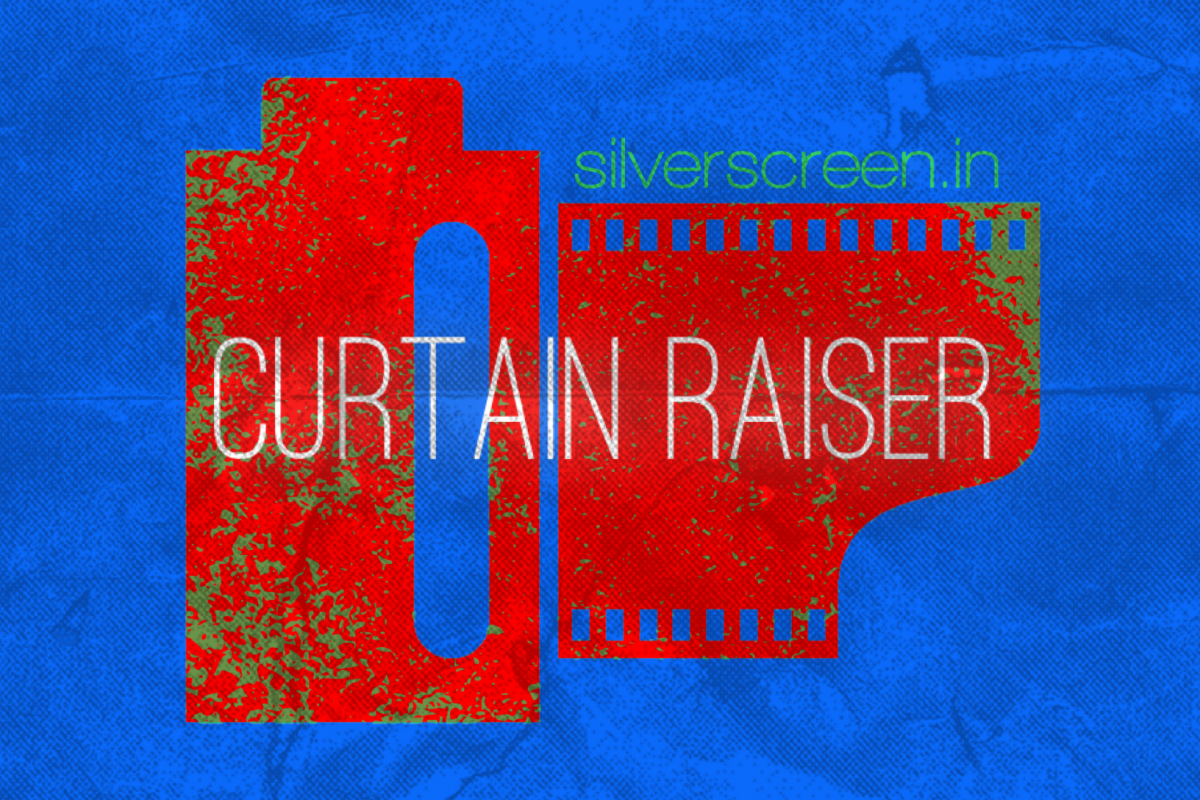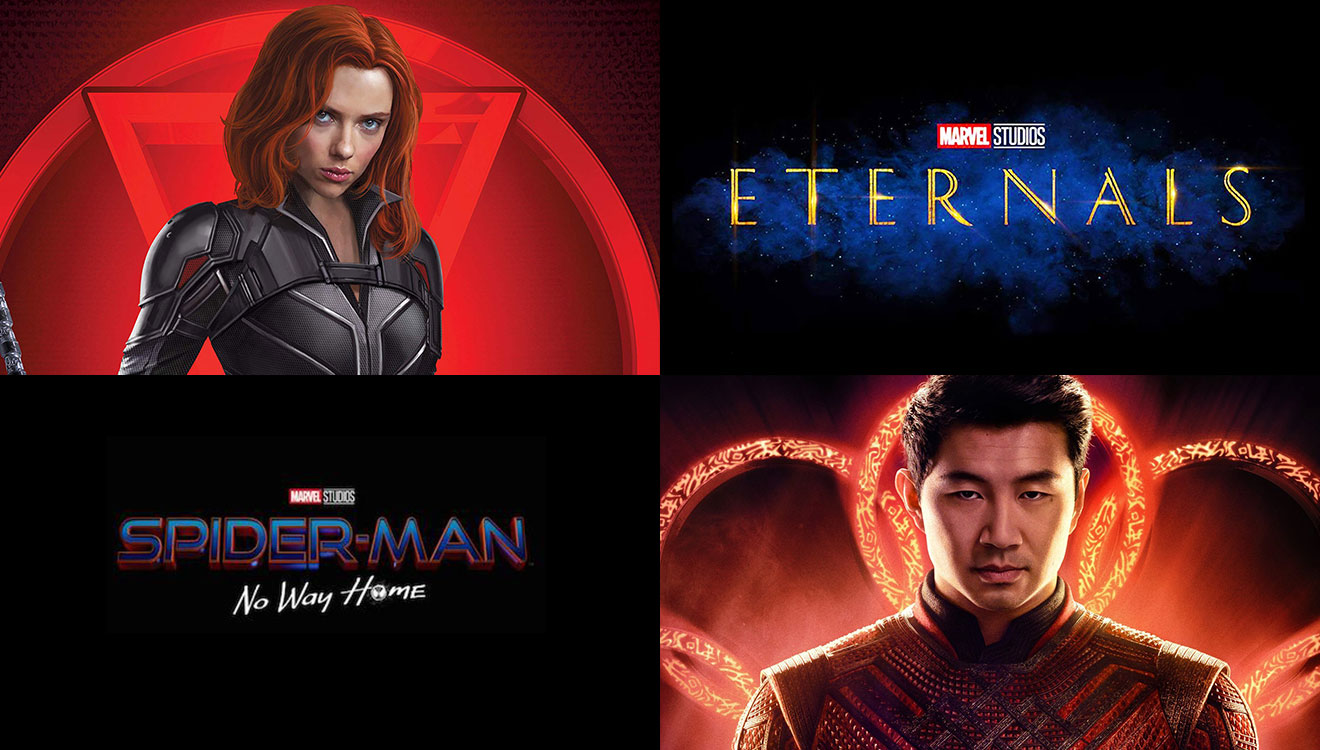Cast: Kartik Aaryan, Sara Ali Khan
Director: Imtiaz Ali
Once you’ve seen Imtiaz Ali’s reboot of his 2009 film, Love Aaj Kal, it’s clear why Kartik Aaryan had to play Ali’s Veer and Raghu. A clear and transparent Aaryan’s face remains expressionless throughout, not only because there is hardly an acting muscle there but also that it is a face that has conveyed sentiments to this effect in several films so far, strongly under the tutelage of Luv Ranjan and his films. Both Veer and Raghu aren’t gentlemen. They can be quiet and cunning, soft and ruthless, caring and unstable. Kartik Aaryan’s face manages to convey all these even outside of any film. This is not Imtiaz Ali making Love Aaj Kal, the millennial version. It is too soon, the original Love Aaj Kal can still pass off as the millennial version and most of it still works. There are echoes of it here, not just in the setting but in scenes, like the ones in the railway station or Veer getting beaten up, outright in the first act. So, this is not about time at all. This is Ali trying to make a fuckboi version of Love Aaj Kal that he assumes is a monumental subversion. Why does he want to be Luv Ranjan, of all people? It’s still a great twist, instead of being a straight-up remake of an older film, but Ali doesn’t know what to do with it, apart from casting the perfect male actor for the role.
Love Aaj Kal is a colossal misfire. The first film was about a rift between purity and the fleeting nature of time, tracking a logical evolution in idioms of a heterosexual relationship. There, Ali still played with urban metaphors, even for settings of the past. He chooses Udaipur here and Ali cannot create the magic that, say, the school of Anand L Rai consistently has with a small town. The earlier film also had the lightest of touches, as one of Ali’s minor works and one is thankful for it. Here, he plays with the characters but maintains a tone that’s more natural to him, something that waltzes in varying degrees of melodrama and high romance. The tone hardly matches the content. Randeep Hooda is the earnest older Raghu, who feeds Zoe (Sara Ali Khan) with his personal star-crossed love story, set in 1990. He cheats, literally and figuratively. It begins with Maine Pyar Kiya’s Dil Deewana and, right there, it didn’t feel right (incidentally a phrase Veer keeps repeating at the most inappropriate places). Ali’s registers do not work in the realms of the puppy love of Maine Pyar Kiya. They are more in the tragic territory of Qayamat Se Qayamat Tak, I’d imagine. Sure enough, QSQT makes an appearance and is the film that is directly referenced multiple times. Ali wants to codify that times might change but people remain the same and it is more important to live and love in the present. Or something. The film is a frustrating mixed bag of ideas — at one point it looked like he wanted to take a shot at polyamory — without a single well-formed strand. He either chickened out or he never had an idea of what this film should be. It’s clear he is toying with cynicism here but his material inspires no curiosity about these people. It only begs the question, when did Ali turn cynical? What hope is left for the world if even he can be turned?
Almost every conflict in the film is a contrived piece of mess. His male protagonists are both assholes of different kinds. But Ali goes out of the way in trying to portray them as men who need love but are unable to express it in a fashion they see fit. There are traces where he hints at the mental health troubles of the two characters (and Zoe) but the easy resolutions belittle their issues and do no justice to the characters. Two terrible scenes involving Zoe are more disturbing than anything else in Love Aaj Kal. She is supposed to be this cardboard cut-out of a modern career woman who cannot give the Uber driver the correct directions and one of her work-related scenes involves her pitching her ideas to a big client. She unbuttons her blouse before going in, something the prospective client notices. And then she delivers a convoluted reasoning for it. On whom exactly is Ali casting these aspersions? It makes for a neat microcosm of the film — Ali has spun himself into a web and he has no way out. The other scene involves an inebriated Zoe, this time unable to open the Uber app or forgetting about it altogether. Don’t ask silly questions. Ali’s camera has an uncomfortable gaze over her, sexualizing her in distressing ways only for Veer to save the night. Zoe becomes a clay figure that Ali keeps toying with, she never exists as a whole, and that’s a constant discomfiting thought throughout the film’s run.
Recommended
At one point, the older Raghu asks Zoe and I am paraphrasing, “Oh you want that love story, the Romeo-Majnu wala, that’s what everyone wants, right?” It seems like a direct question from Ali to the audience. Do you want me to always work in those registers? The registers of Rockstar, Tamasha and, more recently, his script for, well, Laila Majnu. The 2018 film was Imtiaz Ali at his best, creating characters that aren’t like you and me, they are people with so much love that they’d explode into blood-soaked rose petals, people who talk in rhythm and, if given a free rein, may even go for the iambic pentameter. It’s a wonder that Ali hasn’t made a direct adaptation of Shakespeare yet. That’s one direction to go. Leave the modern people and their modern romance, they have podcasts for that.
The Love Aaj Kal review is a Silverscreen original article. It was not paid for or commissioned by anyone associated with the film. Silverscreen.in and its writers do not have any commercial relationship with movies that are reviewed on the site.



